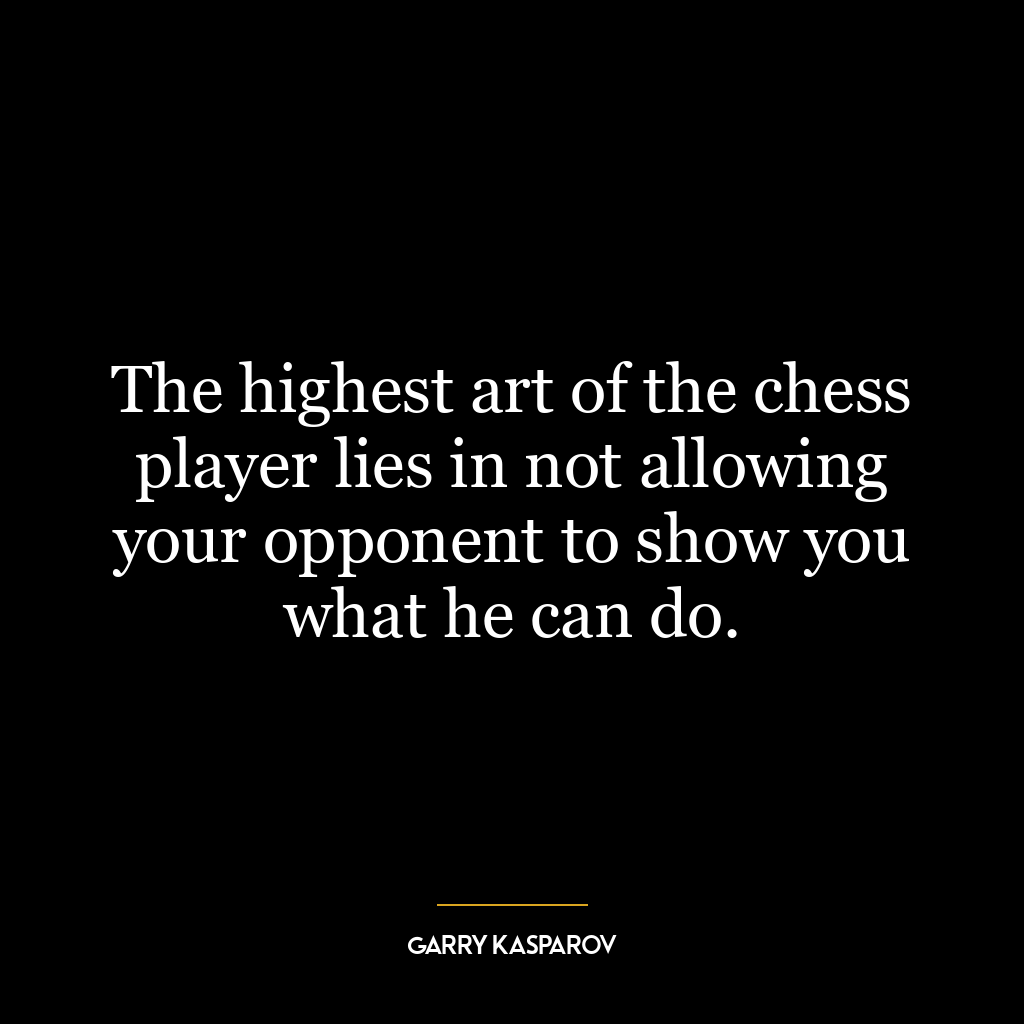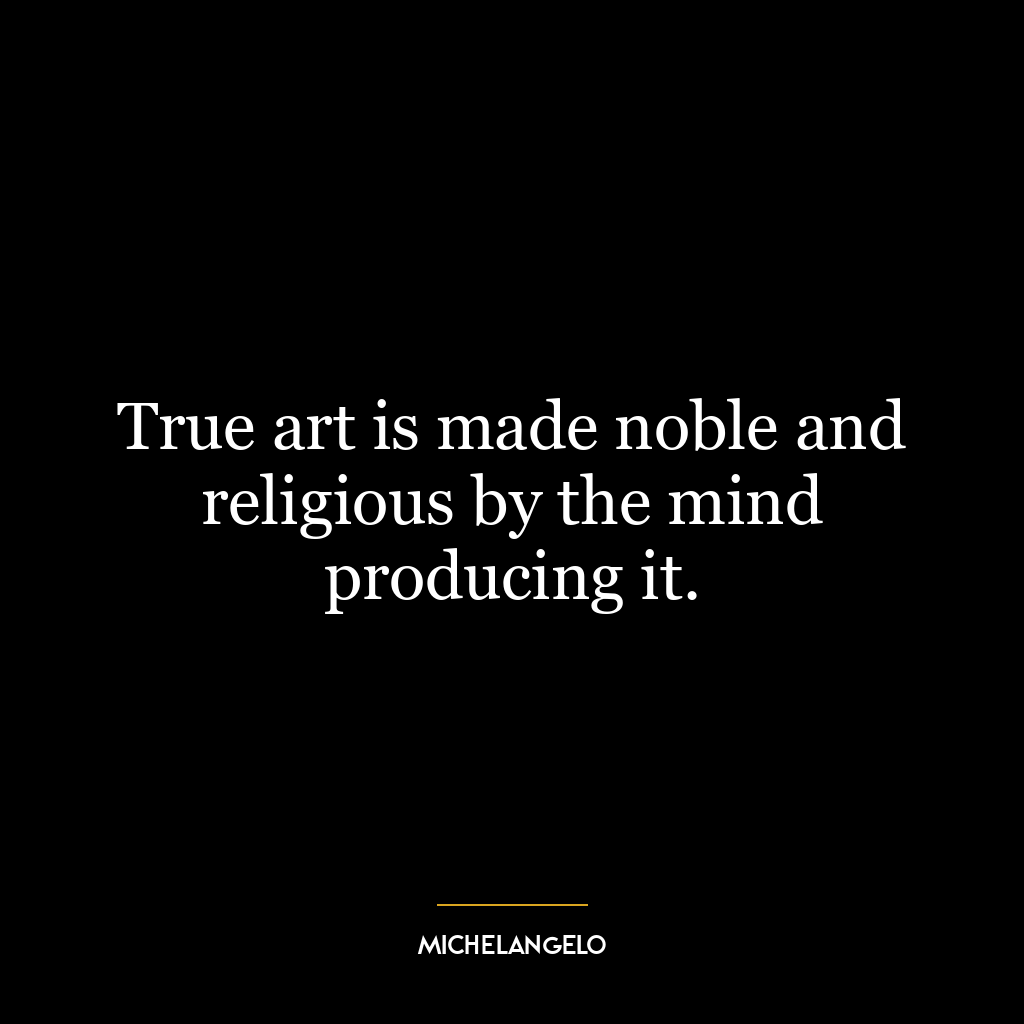The control of the palate is a valuable aid for the control of the mind.
This quote emphasizes the importance of restraint and discipline in our lives, using the act of eating as a metaphor. The ‘palate’ represents our desires and cravings, not just for food, but for any sensory pleasure. By learning to control these desires, we gain control over our mind, our thoughts, and ultimately, our actions.
The quote suggests that the first step to self-discipline is controlling what we consume, both physically and metaphorically. If we can resist the temptation of indulging in excessive or unhealthy food, we are also training our minds to resist other forms of temptations. This could be the temptation to procrastinate, to react impulsively, or to make decisions based on immediate gratification rather than long-term benefit.
In today’s world, this quote is incredibly relevant. We live in a consumerist society, constantly bombarded with advertisements and social pressures that encourage indulgence and instant gratification. Fast food, binge-watching, impulsive shopping, scrolling endlessly on social media – these are all examples of how our ‘palate’ can control our lives, leading to unhealthy habits and a lack of discipline.
In terms of personal development, the practice of controlling the palate can be a powerful tool. It can start with small acts, such as eating a balanced diet, limiting junk food, or reducing screen time. Over time, these small acts of discipline can help us develop self-control in other areas of our lives. We can become more focused, more productive, and more resistant to distractions and temptations. This not only leads to better physical health, but also mental and emotional well-being.
In essence, the control of the palate symbolizes the mastery of self. By exercising control over our most basic desires, we learn to guide our actions not by what is easy or pleasurable in the moment, but by what is beneficial in the long run. This is the key to personal growth and success.








